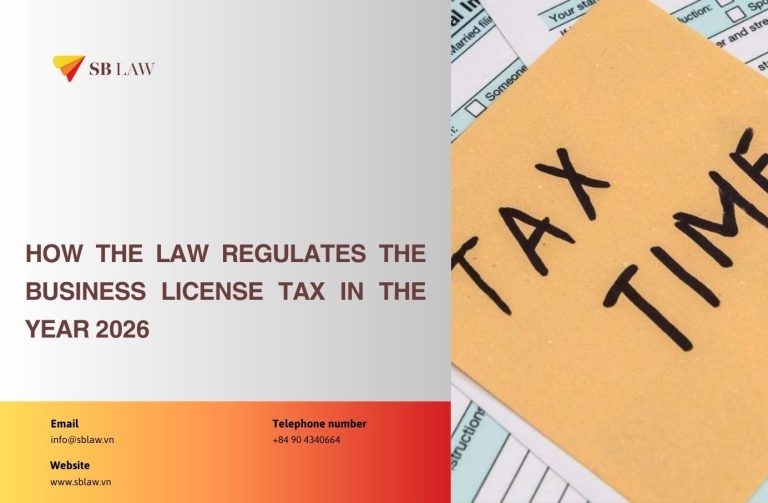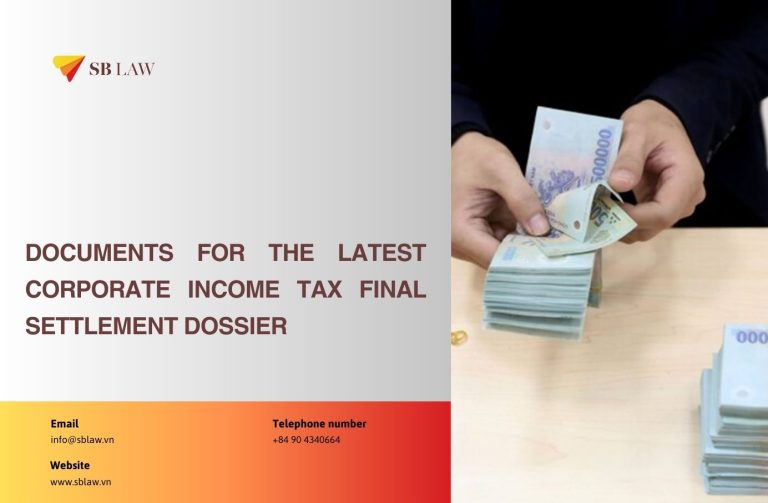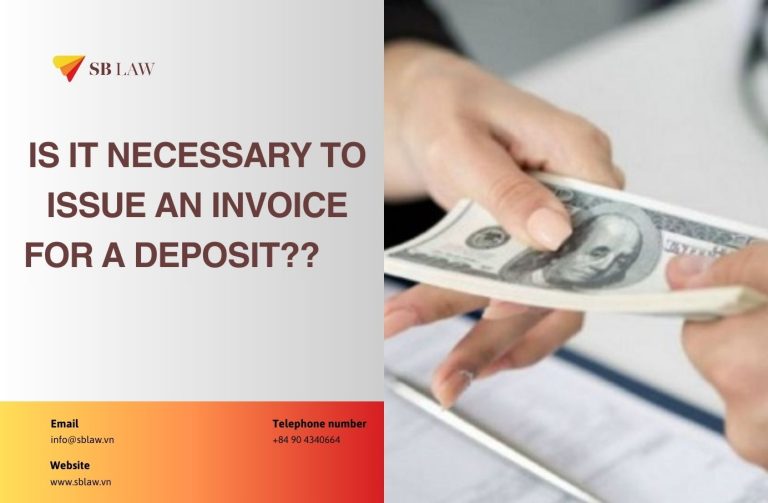Attracting foreign direct investment (FDI) has always been a key part of Vietnam’s external economic affairs. Vietnam already has many comparative advantages and a strong investment climate, but we are working hard to become even more appealing to foreign investors. We are doing so by vigorously renovating the business and investment climate, and by recognizing that the FDI sector is an integral part of the economy – essential to restructuring the economy and raising national competitiveness.
The Vietnamese government is continuing to revitalize its business and investment climate. One way it is doing this is its work on three “strategic breakthroughs”: putting in place market economy institutions and a legal framework; building an advanced and integrated infrastructure, particularly transport; and developing a quality workforce. These should all be completed by 2020.
The government remains determined to fulfil it’s the rest of treaty obligations like TPP. Vietnam views the success of FDI enterprises as its own success. As such, the government is committed to ensuring a stable socio-political environment, protecting the legitimate rights and interests of investors, and creating an enabling environment for FDI enterprises in the country.
In the medium and long term, Vietnam will continue in its efforts to attract and efficiently use FDI inflows to advance socio-economic development. The country will target “high quality” FDI inflows, focusing on FDI projects that use advanced and environmentally friendly technologies, and use natural resources in a sustainable way. It will also target projects with competitive products that could be part of the global production network and value chain.
Recently, the government has adopted major measures to implement the country's 2016 socio-economic development plan and state budget.
The Resolution No.1 issued recently by the government has laid down some key objectives for this year, as follows: Gross domestic product (GDP) grows 6.7 per cent; export turnover increases by 10 per cent; import surplus ratio against exports is under 5 per cent; consumer price index grows less than 5 per cent; total development investment is about 31 per cent of the GDP; the percentage of multi-dimensional poor household rate reduces to between 1.3 per cent to 1.5 per cent and health insurance coverage nationwide is about 76 per cent.
Of all key duties, the maintaining macroeconomic stability while controlling inflation is vital. To ensure this objective is achievable, the government has asked all government agencies, people's committees and organisations nationwide to pull efforts to carry out their assigned tasks at a high level.
Also, the government has asked the State Bank of Viet Nam to work closely with ministries and central and local government agencies to come up with proactive monetary and fiscal policies to put inflation under the control and stabilise the macro economy so that Viet Nam will achieve a rational economic development growth.
To achieve these targets, the Government Resolution has asked the State Bank of Viet Nam to implement all monetary tools and policies to stabilise the foreign currency market in line with the development of the national macroeconomy as well as the financial and monetary market inside and outside Viet Nam.
Moreover, the pro-active fiscal policy always plays an important role. Therefore, the government has asked the Ministry of Finance to co-ordinate with ministries and central and local governments to develop a pro-active national budget for 2016.
The Resolution has also listed some key measures to help achieve the national budget target. One of the measures is to strictly implement the Tax Law and state budget collection missions.
'In 2016, Viet Nam vows to strictly control public debt, government debt as well as foreign debt as written in the National Assembly Resolution,' the document says.
To achieve these targets, the Ministry of Planning and Investment (MPI) is instructed to come up with high quality and feasible policies in line with economic development inside and outside Viet Nam while closely monitoring the world crude oil price development.
The Government Resolution lists three key areas for the national economic restructuring, namely public investment; State economic groups/corporations; State Commercial banks and credit organisations. However, public investment is the core. The MPI will work closely with other ministries and government agencies to monitor and supervise the use of Official Development Aid (ODA), preferential loans from foreign donors, plus the State development investment credits and others in all public investment projects.
Meanwhile, State investment credits are designated to invest only in important and urgent projects having a big impact on the country's socioeconomic development.
The document also emphasises the need to mobilise other capital resources in the construction of essential infrastructure socio-economic projects by combining various methods like public-private partnership, foreign direct investment, joint venture and others.
Export promotion is also specially emphasized. The Resolution calls on the Ministry of Industry and Trade (MOIT) to work out policies to diversify import markets to avoid heavy dependence on a certain market while taking measures to promote exports in a sustainable manner.
'The MOIT should adopt effective measures to increase exports to potential markets, particularly commodities with high value added and high export turnover,' the Government Resolution says.
The document also lays emphasis on the effective use of trade protective measures as regulated by the World Trade Organisation in restrictions on imports and protecting domestic production.
Additionally, IT application is necessary. The Ministry of Home Affairs and central and local government agencies are asked to strictly implement the country's Master Programme on Public Administrative Reform in the 2011-20 period and the Government's Plan on Administrative Reform from 2016-2020.
The Government's Resolution asks all central and local government agencies and organisations to apply IT in their public services, particularly the Government's Resolution 36a on IT application.
In term of corruption prevention, all ministries and central and local agencies have to strictly implement rules and regulations on the prevention and combating of corrupt activities, particularly the regulation that public officials have to make reports on their income and assets.
Source: https://dautunuocngoai.gov.vn/news/82/Supportive-Government-Policy/en




